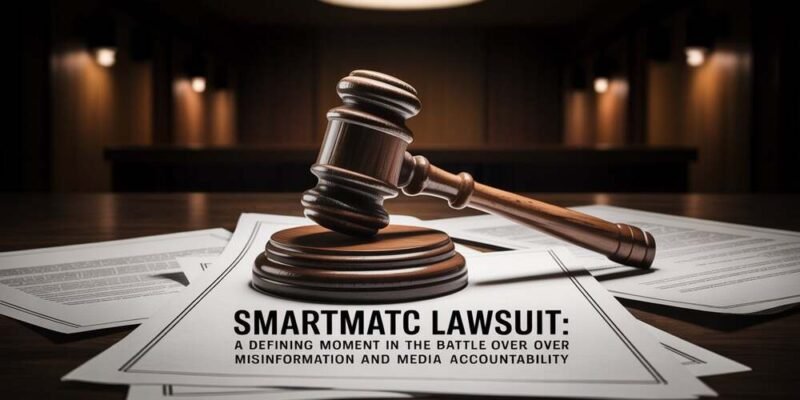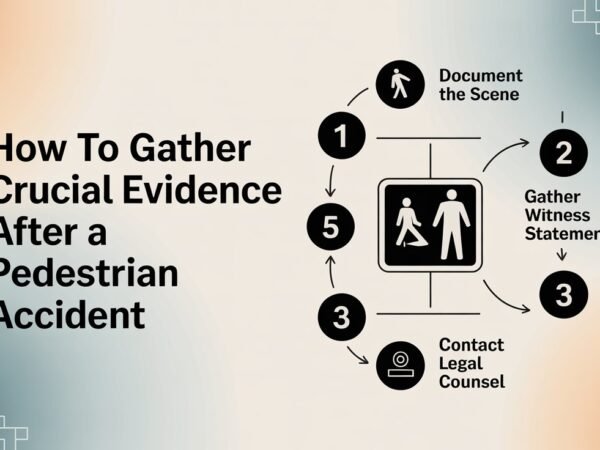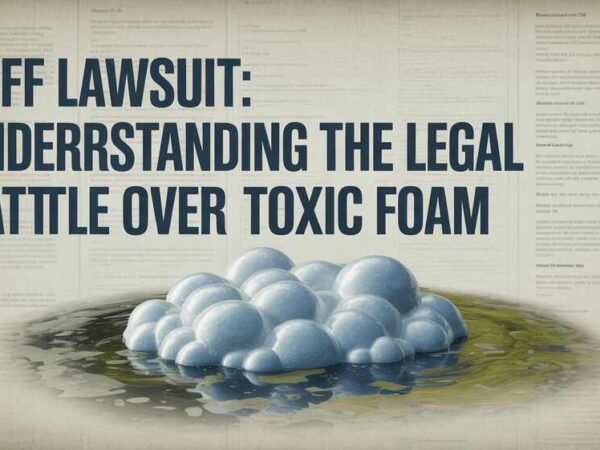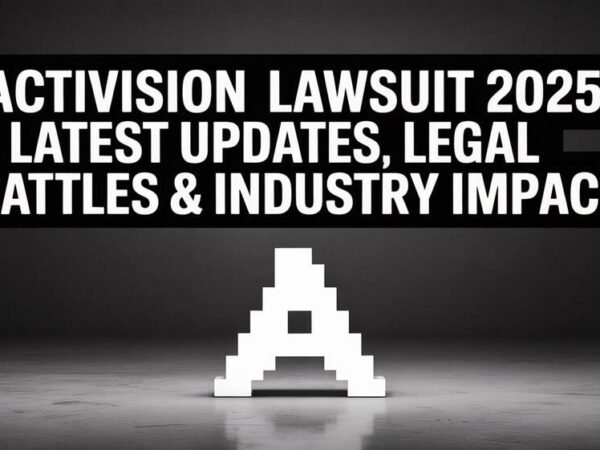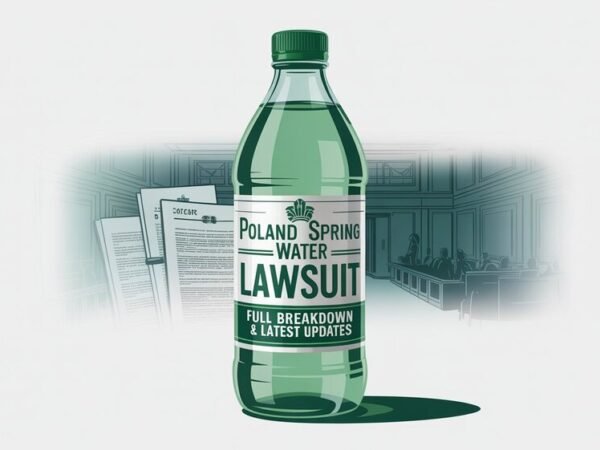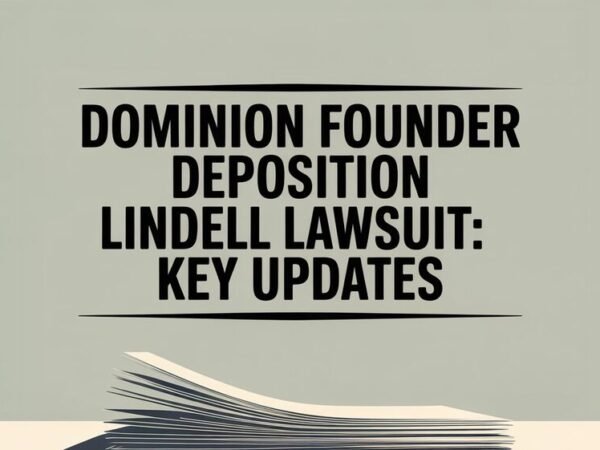Introduction
The Smartmatic lawsuit has emerged as one of the most high-profile legal battles in recent U.S. history, centered around defamation claims tied to the 2020 presidential election. Filed in early 2021, the case targets prominent media entities and individuals for allegedly spreading false allegations that Smartmatic, an election technology company, rigged votes to sway the election outcome. As of 2025, this lawsuit continues to unfold, carrying profound implications for media responsibility, election integrity, and the limits of free speech. The case stands at the intersection of political controversy and legal accountability, highlighting the growing urgency to confront misinformation in the digital age.
Who is Smartmatic?
Smartmatic is a global elections technology and services company founded in 2000. With operations in over 25 countries, Smartmatic specializes in secure and transparent voting systems to bolster democracy and public trust. In the 2020 U.S. presidential election, Smartmatic’s involvement was limited to providing technology services in Los Angeles County. Despite this narrow role, the company became a focal point in a widespread conspiracy theory falsely accused it of manipulating nationwide vote totals. This misrepresentation triggered a cascade of defamatory narratives, fueling distrust in the electoral process and damaging Smartmatic’s reputation and business operations.
The Core of the Lawsuit Against Fox News
At the heart of the Smartmatic lawsuit is a $2.7 billion defamation claim filed against Fox News, several of its anchors, and guests who aired or promoted baseless allegations that Smartmatic’s software altered vote counts in favor of then-candidate Joe Biden. The lawsuit outlines a series of false claims broadcast on multiple Fox programs, including segments featuring high-profile figures such as Rudy Giuliani and Sidney Powell. According to Smartmatic, these individuals knowingly disseminated disinformation or failed to verify the truth of their statements, thereby misleading the public. The lawsuit provides a timeline of key broadcasts and transcripts that Smartmatic argues were part of a coordinated effort to delegitimize the election results for partisan gain.
Legal Milestones and Court Developments
Since its inception, the Smartmatic lawsuit has been the subject of intense legal scrutiny and complex procedural developments. Fox News initially filed a motion to dismiss the case, arguing that the claims constituted protected speech under the First Amendment. However, in 2022, a New York judge ruled that the case could proceed, stating that the allegations met the legal standard for defamation. As of early 2025, both parties have engaged in extensive discovery, and several summary judgment motions are pending before the court. The trial is tentatively scheduled to begin later this year. Legal analysts believe the outcome could set a critical precedent for how courts interpret media responsibility and defamation in the context of political reporting.
Settlements and Other Media Defendants
While Fox News has opted to fight the lawsuit in court, other defendants have chosen to settle. Newsmax and One America News Network (OANN) reached confidential settlements with Smartmatic in 2023 and 2024, respectively. These agreements typically included financial compensation and public acknowledgments of inaccurate reporting. These settlements underscore the strength of Smartmatic’s legal claims and have narrowed the focus of the ongoing litigation to Fox News and its associates. Legal experts suggest that the settlements influence Fox’s approach by encouraging a negotiated resolution or increasing the stakes of a courtroom defeat.
Financial Support and Strategic Backing
One of the most talked-about developments in the Smartmatic lawsuit has been the involvement of billionaire Reid Hoffman, co-founder of LinkedIn. In 2024, it was revealed that Hoffman financially supported Smartmatic’s legal efforts through an outside litigation funding firm. His backing has provided Smartmatic with additional resources to pursue a lengthy and expensive court battle. This infusion of capital also highlights a broader trend in high-stakes legal cases where third-party funding enables plaintiffs to hold powerful media conglomerates accountable. While controversial in some circles, such financial support can level the playing field in cases that demand considerable legal and investigative work.
Implications for U.S. Media Landscape
The Smartmatic lawsuit represents a watershed moment for the American media landscape. It forces a reevaluation of journalistic standards, mainly when covering sensitive topics like election integrity. If Smartmatic prevails, the case could usher in a new era of accountability where news outlets must adhere to higher evidentiary standards before broadcasting explosive claims. This potential shift raises questions about the balance between press freedom and responsible journalism. Critics warn that overly punitive rulings could stifle investigative reporting, while advocates argue that unchecked misinformation poses a more significant threat to democratic institutions.
Future of Election Technology Companies
Beyond the courtroom, the Smartmatic lawsuit has significant implications for the future of election technology firms. These companies operate in a politically charged environment where misinformation can rapidly erode public trust. The lawsuit has underscored the need for robust legal protections and public education campaigns to counter disinformation. It also calls attention to cybersecurity and transparency in voting systems, especially as the U.S. prepares for another presidential election 2028. Moving forward, companies like Smartmatic may adopt more aggressive communication strategies and legal defenses to protect their reputations and operations.
Conclusion
In summary, the Smartmatic lawsuit encapsulates the tensions between media freedom, misinformation, and the rule of law in modern democracies. As the case moves closer to trial, its outcomes could reshape not only defamation law but also the ethical boundaries of political journalism. The lawsuit is a stark reminder of the power of words and the responsibilities of public influence. Whether viewed as a quest for justice or a cautionary tale, the Smartmatic lawsuit will remain a pivotal chapter in the ongoing effort to safeguard electoral integrity and hold media organizations to account. Observers worldwide are watching closely, recognizing that the stakes extend far beyond the courtroom.


